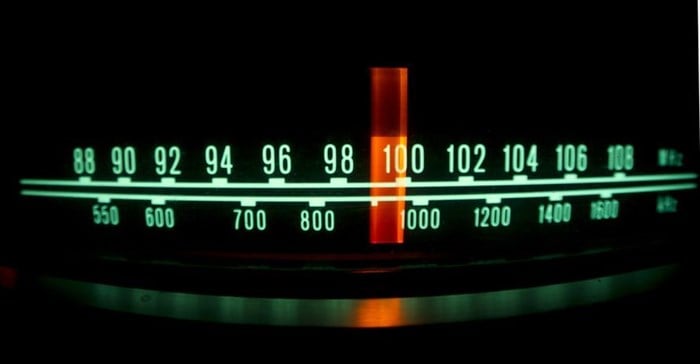Radio's recipe for growth in 2019

Sure, it gets some bad press. There are many who trumpet its imminent or gradual demise and, in some cases, this is understandable. Advertising revenues are being stretched over so many more options, new technologies are competing for attention with alternative content offerings, and some stations have simply not evolved with the times and will certainly pay the price.
Positive outlook
But the outlook for the medium in South Africa is positive. Daily and weekly reach have been consistent at around 90% and 70% respectively across multiple BRC surveys, but most importantly, those stations that have invested in proper digital infrastructure and content teams are trending upwards in every digital metric available.
In the case of East Coast Radio and Jacaranda FM, unique visitors to their websites continue to grow in double-digit percentages every year. App downloads continue to grow, streaming listeners continue to grow, listeners on satellite TV and mobile devices continue to grow.
Even when core audiences to FM are stable or consistent, growth on every other available channel demonstrates that audiences will continue to engage if you give them the content appropriate to the channels that are relevant to them.
Attendance to events grows year on year in most cases, and inbound messages increase in volume year-on-year. These are statistics associated with growing relationships.
What underpins this, and what will continue to drive this as the context of our audiences continue to evolve? I will hazard some educated guesses below…
Talent that has the critical triangle of values, intellect and experience
The disc jockey is redundant. Even if a presenter only has a few minutes an hour to speak on a music station, what they say must count and add value to their audiences. Experience in today’s volatile social media environment will help articulate what they want to say, but what they say must be intelligent, and most importantly it must resonate with audiences.
The “shock jock” is also passé – be controversial to illuminate new perspectives by all means - but it has to be grounded by empathy for your listener. Read this great piece by Paul Kaye from Canada on 15 Truths for Air Talent for 2019 that provides more on these and other points… Radio hosts in any format that are compelling, relatable, and competent will continue to attract people to them.
Radio that embraces new technologies
Radio must take the time to understand these platforms and formats and play to their strengths. Podcasting is a good example – stations that simply rebroadcast FM content as podcasts will provide a service for audiences but nothing more. They will not grow audiences unless they recognise that podcasts are consumed by people who are seeking something different to terrestrial radio broadcasts.
Even if they are the same listeners to the FM product. Podcasts should be made for purpose and produced with a quality and length commensurate with the expectations of the consumers - often subject matter is more niched and explores more detail than would be the case on FM. Podcasts are the perfect adjacency to linear radio and consumers should be able to easily toggle between both experiences.
Radio that can better articulate its efficacy to advertisers
Measurable ROI is a market requirement – how is radio meeting it? It certainly delivers great ROI but qualifying/quantifying it needs work - at least in SA. If the industry invests collectively in research that validates radio’s role in the spread of media options available, this will not only grow revenues, but deliver better results for the advertiser. Currently the “myth of measurability” is taking ad rands to other media and I would question whether it’s delivering the returns there it purports to.
Radio that can build communities
Whether they are attendees to events, respondents to competitions, subscribers to newsletters, or social media channels, radio stations that have the means to responsibly identify, engage and grow communities of interest around their brand will understand their listeners more. If you know your market you will better serve your market and you will be all the stronger for it.
Radio that researches
The fact is that radio listeners in SA are, by global standards, unusually loyal. It takes a lot for large numbers to leave or migrate to a radio station, but never take this loyalty for granted. It’s too easy for research to get taken out in the first round of budget trims, and the impact might take a year to be noticeable. But it will almost certainly take its toll.
Winners and losers
By contrast, in my experience, major market studies and investment in continuous music research (appropriately interpreted and implemented of course) always grows audiences and the time they spend with the stations. Gut feel and experience is important, but how does one develop this if not through seeing cause and effect over time? And effect is only reliably determined though research.
Will the industry as a whole develop and grow this year and into the future? I would love for this to be the case, but there will be some winners and some losers, I fear. The financial and skills crisis at the SABC will leave a large chunk of the industry under-resourced.
The community broadcasting sector is disparate geographically, financially, and ideologically – they need collective approaches to systems and sustainability models and this will be hard to achieve without appropriate interventions and support from the government, the regulator, the MDDA, and even the commercial sector. The commercial stations are comparatively better placed to demonstrate the growth potential of the medium in South Africa and have a responsibility to help where they can.
About Nick Grubb
View my profile and articles...